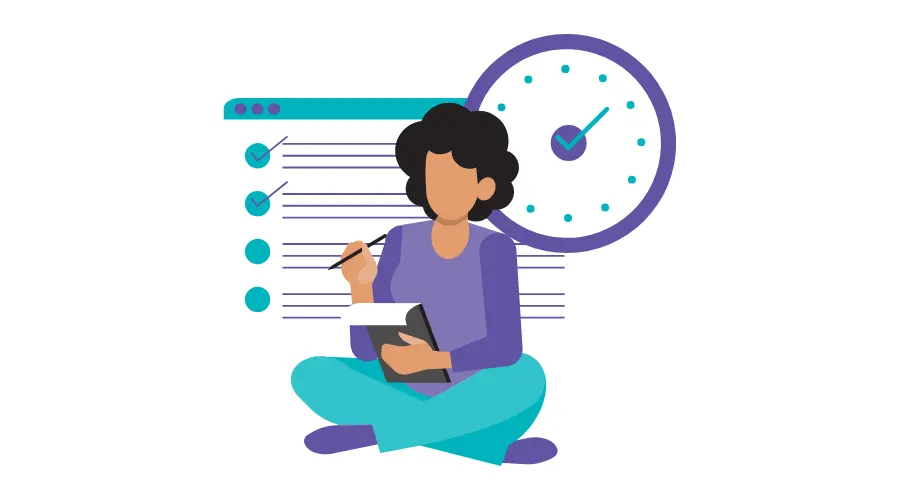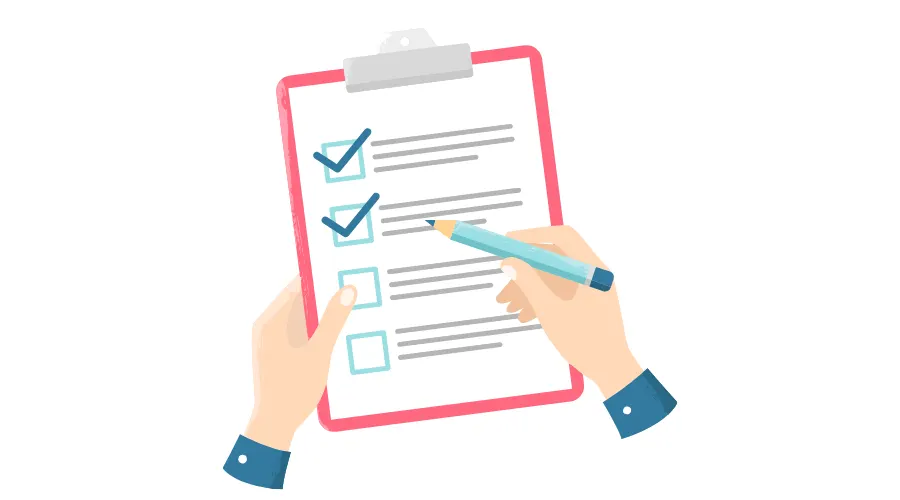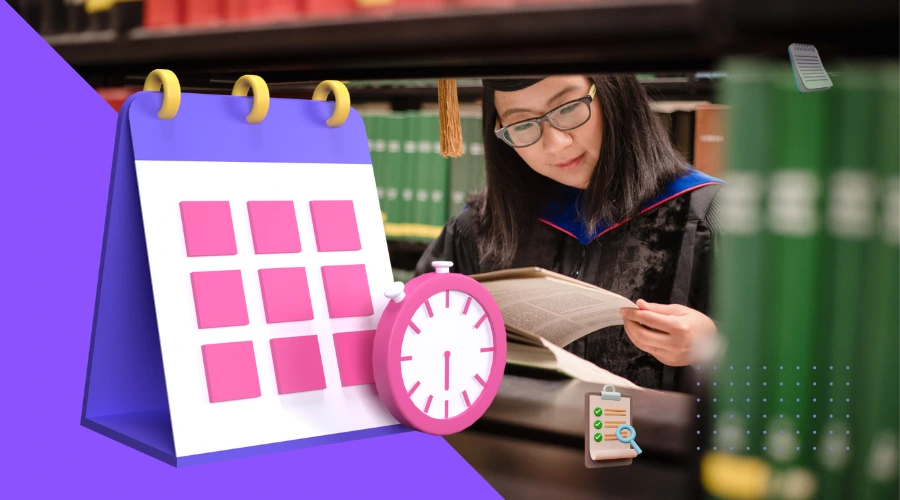Pursuing a PhD is a significant academic decision in one’s life. A student has to do many important academic work in this journey. The tasks are very hard and complex for the students. Hence it is essential to follow time management tips for PhD students.
In particular, the student has to perform research, writing, and other duties. Hence, it becomes a challenge for him to manage his time effectively. For time management, the student has to follow some tips and techniques during this time.
Time management is an important issue while doing a Ph.D., and so, in this article, I will share some of the techniques I follow that have helped me and helped you. So, let’s get started.
Time management tips for PhD students
Many experts say that time management is a continuous practice. You have to practice this regularly, and then you will become an expert in time management.
It has been found that those who manage their time well during their PhD have continued to do so later in their careers. Develop this good habit while you are doing your PhD. Keep the following suggestions and tips in mind and continue practicing.
1. Prioritise your tasks

A PhD student has many important tasks. He must make a list based on the priority of his daily tasks. Remember to increase productivity and ensure good time management. Priority tasks should be divided into weeks, months, and years.
Now, the question is, why would you do it? It’s very simple: You will have a fixed time during your PhD to complete it. If you do haphazard work or overdo unnecessary work, then your studies, report writing, assignments, etc., will be disturbed.
How do you prioritize work during PhD? To do this, you need to think about your core courses. For example, the first year of PhD will focus more on assignments, the second year will focus more on proposal writing and coursework, and the third year will focus on data collection, analysis, and report writing.
Based on these focusing tasks, you need to create a prioritized task list. But if you talk openly with your professor here, he will surely help you.
2. Set Personal Deadlines
You may have noticed that we do a lot of jobs that have to be completed within a certain time frame. Similarly, when a PhD student sets a specific deadline for his scheduled work, it forces him to work from within. As a result, the work will be completed on time, whether it’s reading, report writing, or analysis.
As a PhD student, your work will have deadlines, and it is better if it is written. It will also include work reminders and create a workforce. So, make a deadline for each task. It will make your long PhD journey easier.
3. Schedule your tasks
Having a schedule for your work is essential. Many students create to-do lists, but that is not a schedule. Creating a structured schedule is essential for effective time management for a PhD student. Allocating specific time slots for various activities, including research, writing, attending classes or meetings, and personal commitments, would help.
Use tools like calendars or productivity apps like Google Calendar and Google Keep to organize your schedule and appointments. Stick to your schedule as much as possible, but allow flexibility for unexpected events or revisions.
4. Make your to-do list

For a PhD student, a to-do list is an easy-to-use yet effective tool for managing assignments and remembering what has to be done. Start each day by making a list of the tasks you want to accomplish, prioritizing them based on their importance and time frame.
You can prepare this daily list before going to bed. To keep yourself motivated and focused, cross off tasks as you finish them on your list. Review and update your to-do list frequently to accommodate new chores and shifting priorities.
5. Maintain Consistency
Consistency is the key to effective time management for a PhD student. Preserving and adhering to a daily regimen helps build good habits and ensures steady progress toward your research goals.
If you want to stay ahead, set aside time each day for research, writing, and other academic activities. Avoid the temptation to procrastinate or overcommit, and try to balance productivity and self-care to prevent burnout. Although this may be difficult for you as a PhD student, it will be easy for you.
6. Eliminate Social Media Distractions

Social media is a major source of distraction nowadays. It consumes your valuable time, which can be better spent on academic pursuits. Consider implementing strategies to limit your social media use during dedicated study sessions when you are a PhD student.
Whether you use website blockers or set specific times to check social media accounts, remember that reducing distractions allows you to focus more effectively and make the most of your study time.
Conclusion
You must acquire time management skills while you are pursuing a PhD because failing to do so will make your degree time-consuming. I know many people who have been pursuing their PhD for a long time but have yet to complete it. One reason for this is a need for more time management skills. For that, follow the above time management tips for PhD students.
So, by prioritizing tasks, setting personal deadlines, scheduling activities, creating to-do lists, maintaining consistency, and eliminating distractions, you should maximize your productivity. As a PhD student, it will help you achieve your PhD goals more efficiently. Thank you, and good luck with your PhD journey.
Frequently Asked Questions (FAQ)
Developing good study habits, setting realistic goals, and asking for feedback are also key factors in achieving efficiency and success as an efficient PhD student. It is also important to seek help from colleagues in managing time effectively and maintaining a healthy work-life balance.
PhD students engage in various activities related to their research, coursework, teaching responsibilities, professional development, and personal interests. It may include conducting experiments, analyzing data, writing papers, attending classes or seminars, preparing presentations, teaching graduate students, networking with colleagues, and participating in extracurricular activities or hobbies.
Suggested read:

